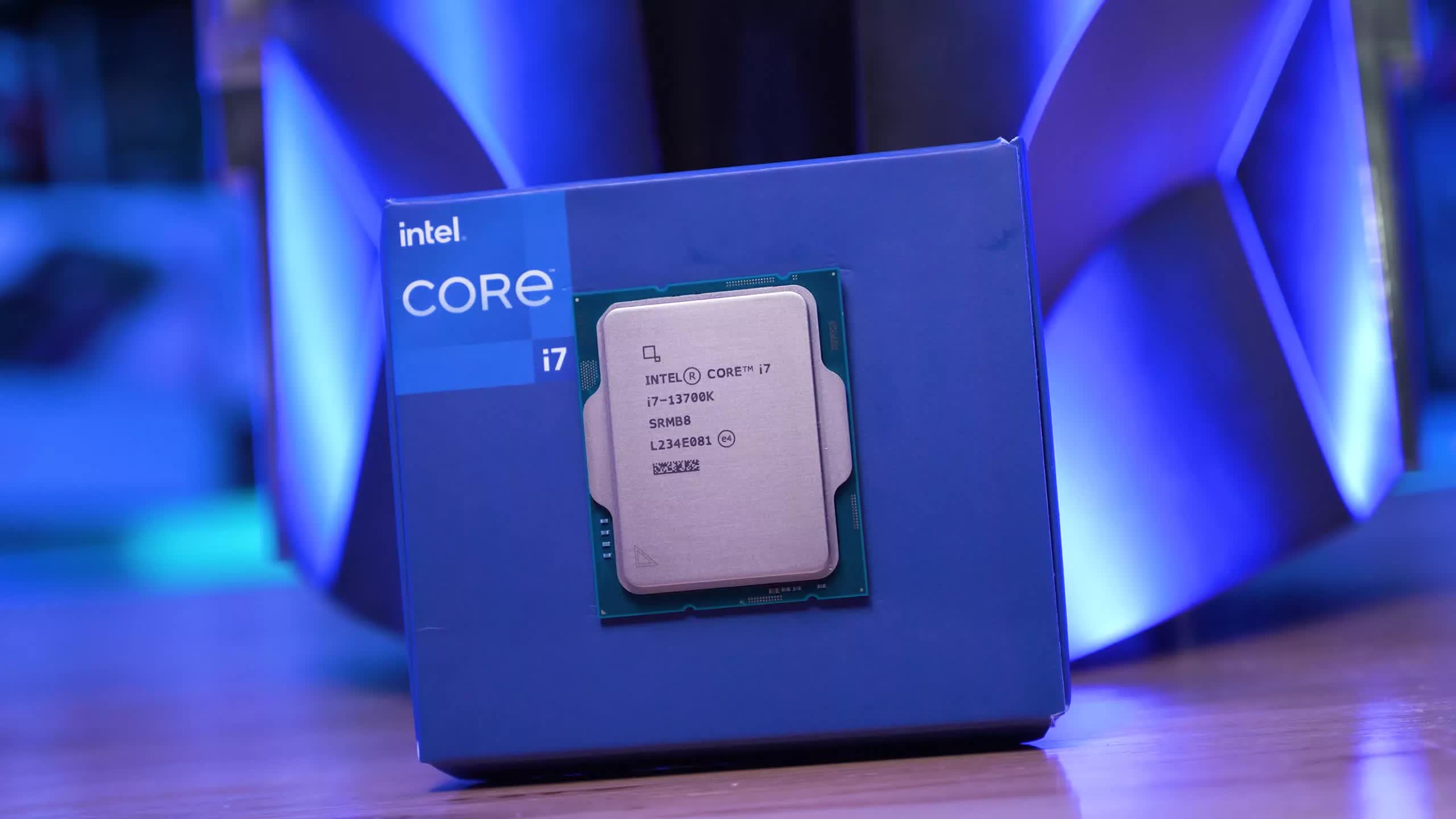Facepalm: Instability issues with Intel's Raptor Lake CPUs continue to affect users worldwide. Even web browsers are reportedly "feeling the heat," with an uptick in crash reports, particularly in regions experiencing intense summer temperatures.

Mozilla Firefox has now joined the growing list of software affected by the Raptor Lake instability issues that Intel first acknowledged in 2024. According to Mozilla Staff Platform Engineer Gabriele Svelto, the open-source browser is experiencing a noticeable increase in crashes – particularly in regions currently facing high summer temperatures.
Svelto said that users in the Northern Hemisphere are being hit the hardest, and that he could tell which European countries were experiencing heat waves just by looking at Firefox crash reports. Most of these logs came from systems powered by Intel's Raptor Lake CPUs.
Raptor Lake processors are known to suffer from timing and voltage irregularities that worsen as temperatures rise. The issue, commonly referred to as Vmin Shift, can potentially cause permanent CPU damage by supplying unsafe voltage levels. Intel has attempted to mitigate the problem with several firmware and microcode updates, the most recent of which was released just a few weeks ago.

The situation has became so problematic that Mozilla was recently forced to disable a bot designed to automatically send crash reports back to the foundation's servers. The bot was overwhelmingly detecting crash instances on systems running Intel's Raptor Lake CPUs, prompting developers to filter out reports from those specific models.
Svelto confirmed that the issue is 100 percent an Intel problem, adding that a significant portion of the crashes were coming from machines powered by the popular Core i7-14700K processor. During the discussion, he even reached out to one seemingly unaffected user with a stable Raptor Lake system, asking them to test the latest Firefox Nightly build.
Mozilla is currently experimenting with a new library that's not yet ready for general release, but it could trigger the Vmin Shift bug "very frequently" during testing, Svelto warned.
The latest wave of Firefox crashes adds to the growing chorus of concern surrounding Intel's 13th- and 14th-generation CPUs. With continued instability, some users are now being advised to steer clear of Raptor Lake chips until Intel resolves the issue. In the meantime, AMD appears to be benefiting from the fallout, gaining ground with its highly stable Ryzen processors. Intel is reportedly working to restore user confidence with its upcoming Arrow Lake architecture, but the road ahead may be steep.
Intel Raptor Lake CPUs are crashing more frequently due to summer heatwaves, Firefox dev says